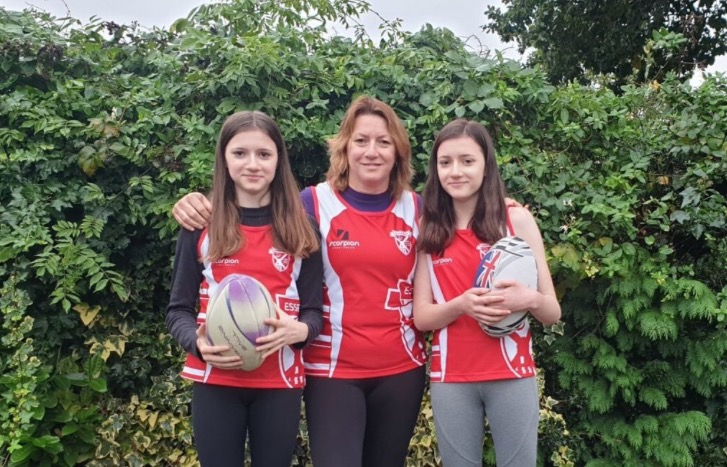The CEO of Women in Sport says the Coronavirus crisis should be used as “fuel for change” when it comes to meeting the needs of women and girls in staying physically active.
The charity has published new research looking at the implications of the lockdown and self-isolation for women’s participation in sport and exercise.
 It is concerned at the impact lockdown has had, and is determined to ensure that this impact is not long term given that before lockdown, the gender gap in activity had been closing.
It is concerned at the impact lockdown has had, and is determined to ensure that this impact is not long term given that before lockdown, the gender gap in activity had been closing.
Stephanie Hilborne, CEO of Women in Sport, said: “As we come out of lockdown we should not seek to return to ‘the way it was’, even if this were possible. After all, ‘the way it was’ was not good enough.
ATTRIBUTES
“Instead we should use the crisis as fuel for change to our society. As we reopen schools and leisure centres, and as we reboot sport let’s make sure we better reflect the distinct attributes of women and girls and meet their needs and aspirations in all their diversity and at every stage in life.”
Research from Sport England shows that activity levels have declined for all during lockdown, but women’s activity levels have declined at a much faster rate than men with the gender participation gap widening once more.
Latest research from Women in Sport, funded by Comic Relief, has shown that women have been disproportionately impacted by the lockdown, especially those women with children juggling homelife, work, and schooling, and women aged 70-plus who have suffered the greatest isolation.
- 36% of women said that losing their fitness would have a long-term impact.
- 25% of women were worried that getting back into the habit of exercise post lockdown would be hard.
- 32% of women couldn’t prioritise doing exercise during lockdown as they had too much to do for others.
However research has also shown that lockdown has resulted in a resetting of priorities and an increased motivation to exercise post-lockdown with 61% of women surveyed stating that they will put more effort into being fit and active after lockdown is over.
OPPORTUNITY
Stephanie added: “Whilst this research points to negatives for women in lockdown, the great opportunity is that exercise and sport has now grown in importance - we heard that women are changing their mindsets and wanting to prioritise sport and exercise.
“I would urge every working woman, every mother, every carer to hold on to this mindset and value their own needs as well as those of their loved ones. This is good for families and for society and it will help build equality if only the provision is right.”
Women in Sport are urging sports organisations and physical activity providers to learn from the experiences of women during lockdown, particularly in terms of what women find motivating, and how to sustain interest in exercise and physical activity for the future. The circumstances of lockdown have provided insight for future approaches, and an opportunity to kick-start a step change in activity levels, no longer accepting the gender gap which leaves women less active than men throughout their lives.
To read the full report, visit www.womeninsport.org.












